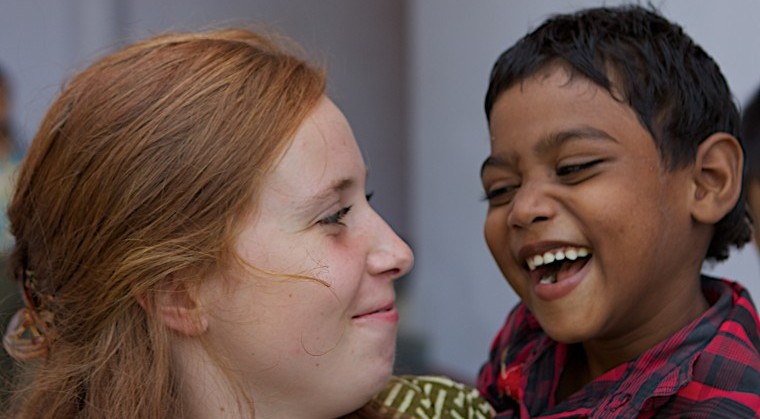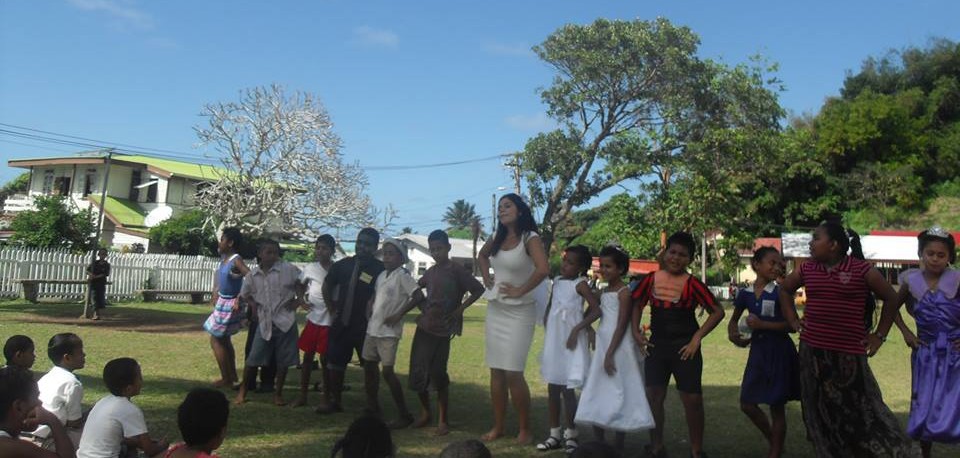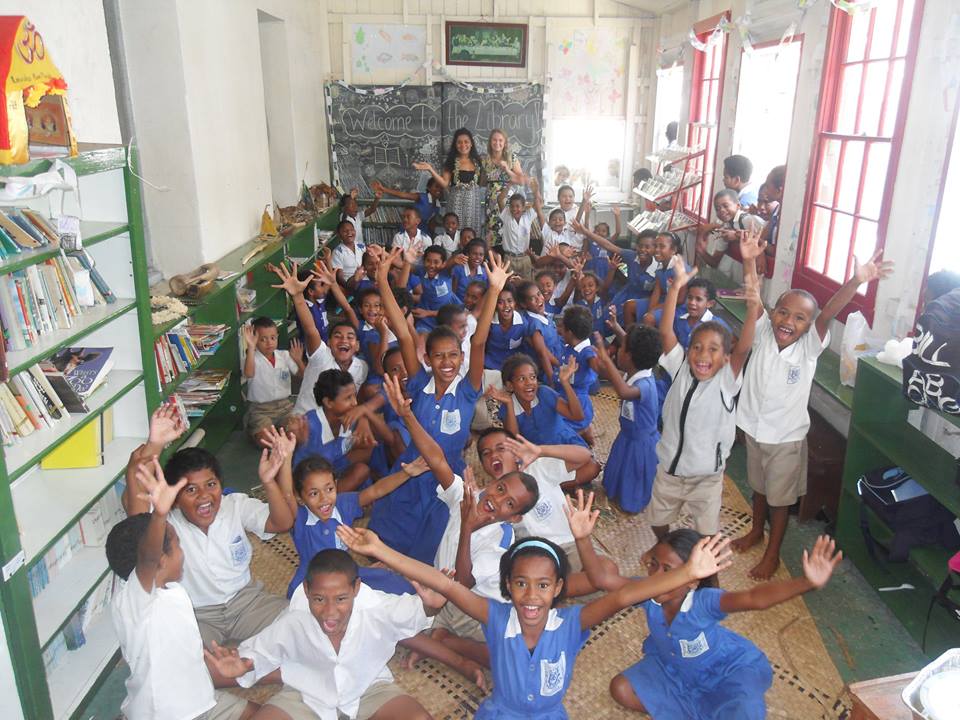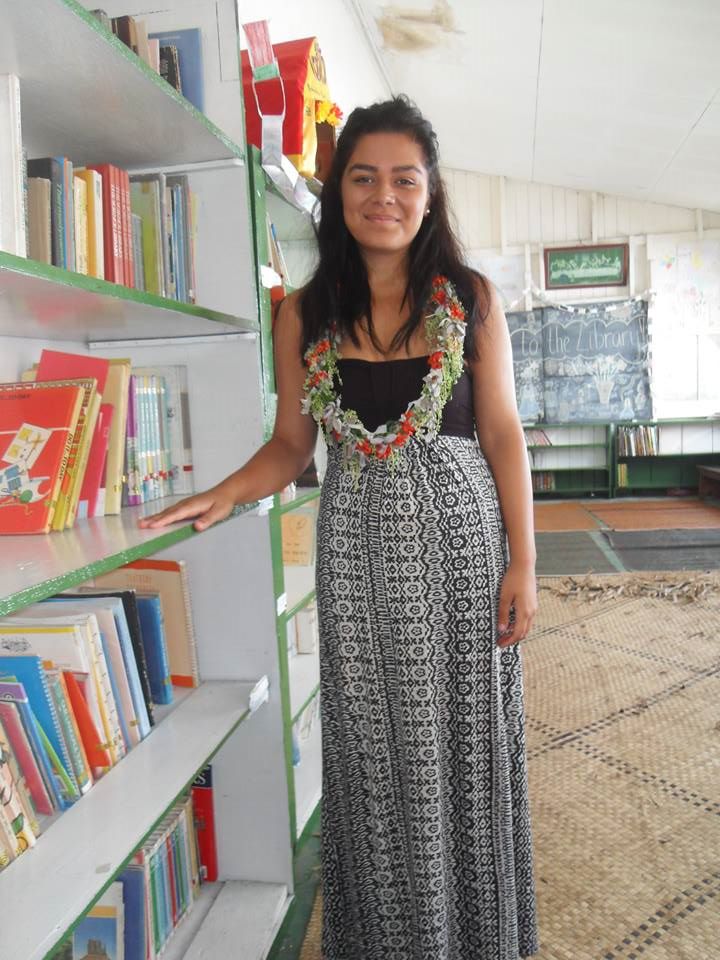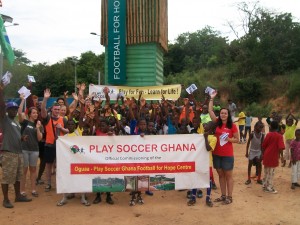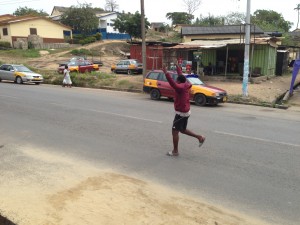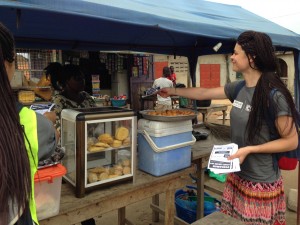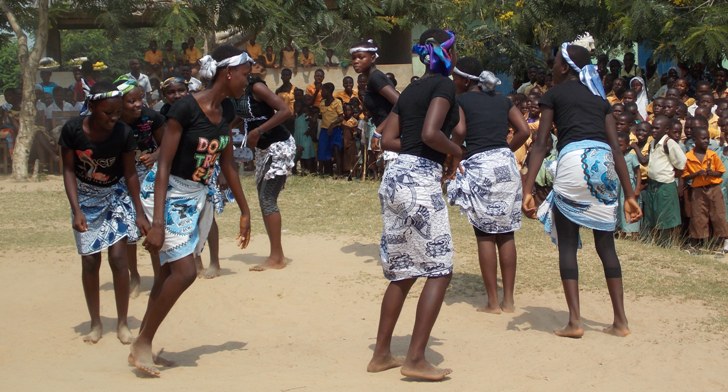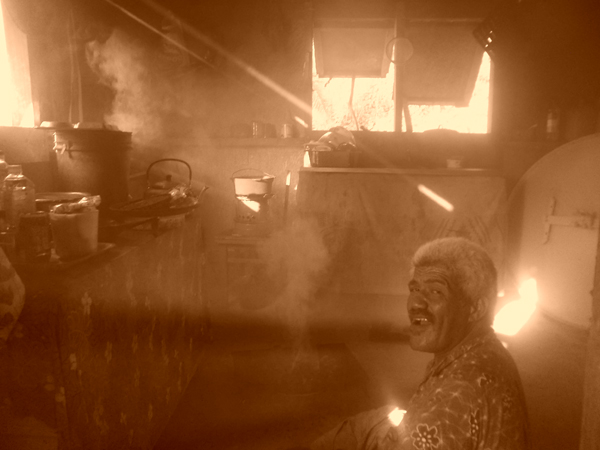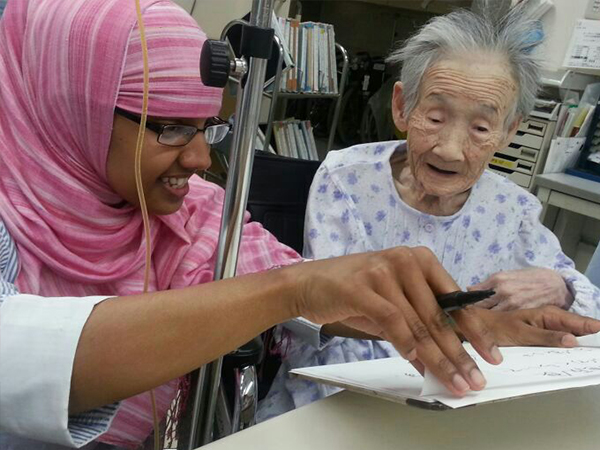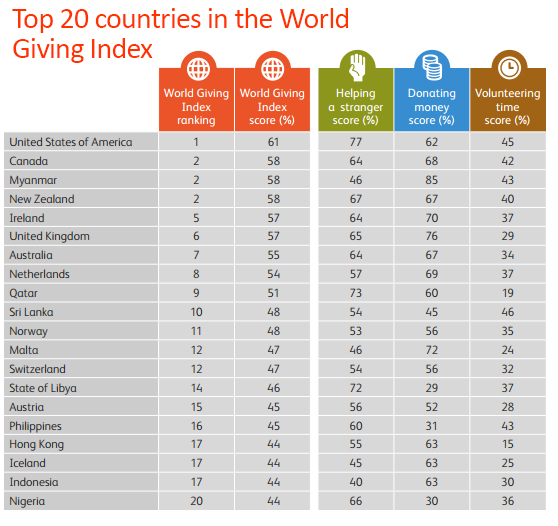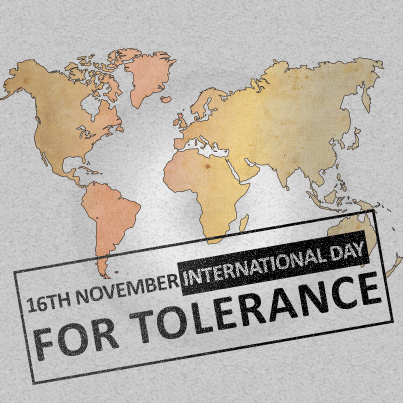Today is the International Day of Charity, established with the objectives of getting people together from all around the world, to help others through volunteering and acts of kindness.
The 5th of September was chosen as it marks the anniversary of the passing away of Mother Teresa; a woman known for her nurturing character, love of humanity, and hard work to over come the struggles of poverty.
Some may see charity as purely a monetary donation, but charity is much more than just this and comes in many forms. Giving your time is perhaps the greatest form of charity because when you give your time, you are giving a portion of your life that you will never get back. Another aspect of charity is that of raising awareness of local and global issues, such as those highlighted by the Millennium Development Goals, which leads more people and organisations to act charitably.
Here at Lattitude Global Volunteering, charity is about volunteering to help those in need around the world, about raising awareness of global issues and our common humanity, and above all it is about empowering young people through the beneficial experience of charity and volunteering; developing skills, meeting new people, and opening our eyes to the world we live in.
To get you thinking about charity, here are some quotes from some of the most inspirational figures in our history:
“It’s Not How Much We Give, but How Much Love We Put Into Giving” - Mother Teresa
“Charity sometimes gets dismissed, as if it is ineffective, inappropriate or even somehow demeaning to the recipient… Let us recognise charity for what it is at heart: a noble enterprise aimed at bettering the human condition.” - Ban Ki Moon, UN Secretary General
“The Best Way To Find Yourself Is To Lose Yourself In The Service Of Others.” - Mahatma Gandhi
“No One Is Useless In This World Who Lightens The Burden Of Another” - Charles Dickens
“It’s the action, not the fruit of the action, that’s important. You have to do the right thing. It may not be in your power; may not be in your time, that there’ll be any fruit. But that doesn’t mean you stop doing the right thing. You may never know what results come from your action. But if you do nothing, there will be no result” - Mahatma Ghandhi
“Everybody can be great because everybody can serve. You don’t have to have a college degree to serve. You don’t have to make your subject and verb agree to serve. You only need a heart full of grace. A soul generated by love” - Martin Luther King, Jr.
“We make a living by what we get. We make a life by what we give.” - Winston Churchill
“Not until the creation and maintenance of decent conditions of life for all people are recognized and accepted as a common obligation of all people and all countries - not until then shall we, with a certain degree of justification, be able to speak of humankind as civilized.” - Albert Einstein
“Let us not be satisfied with just giving money. Money is not enough, money can be got, but they need your hearts to love them. So, spread your love everywhere you go” - Mother Teresa
